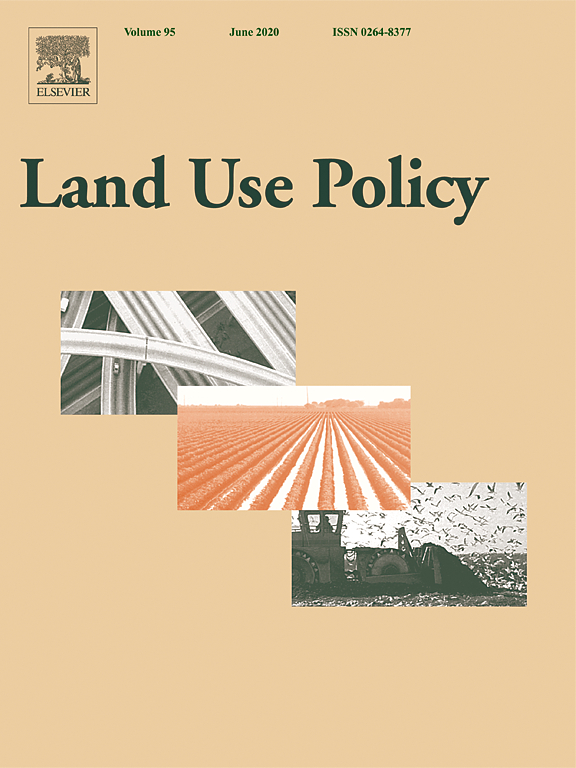Stimulating the social and environmental benefits of agriculture and forestry: An EU-based comparative analysis
Stimulating an effective provision of public goods and ecosystem services from Europe’s farmland and forests is a critical challenge for policy-makers. In this paper we focus on three aspects of this challenge. Firstly, we explore the different drivers that influence the provision of public goods and ecosystem services by farming and forestry. Secondly, we identify the key motivational, institutional and socio-economic factors that can encourage the provision of these benefits.



